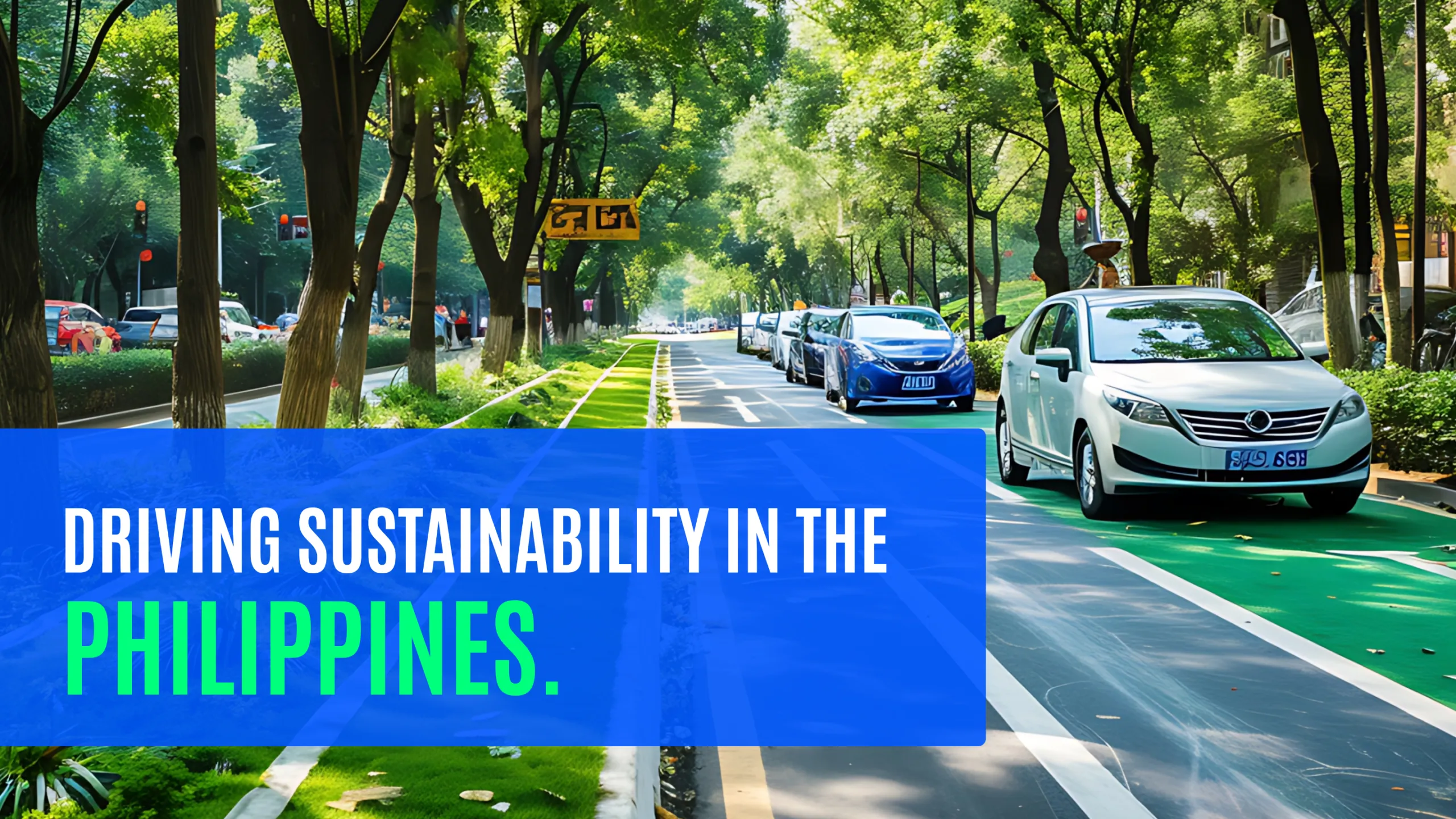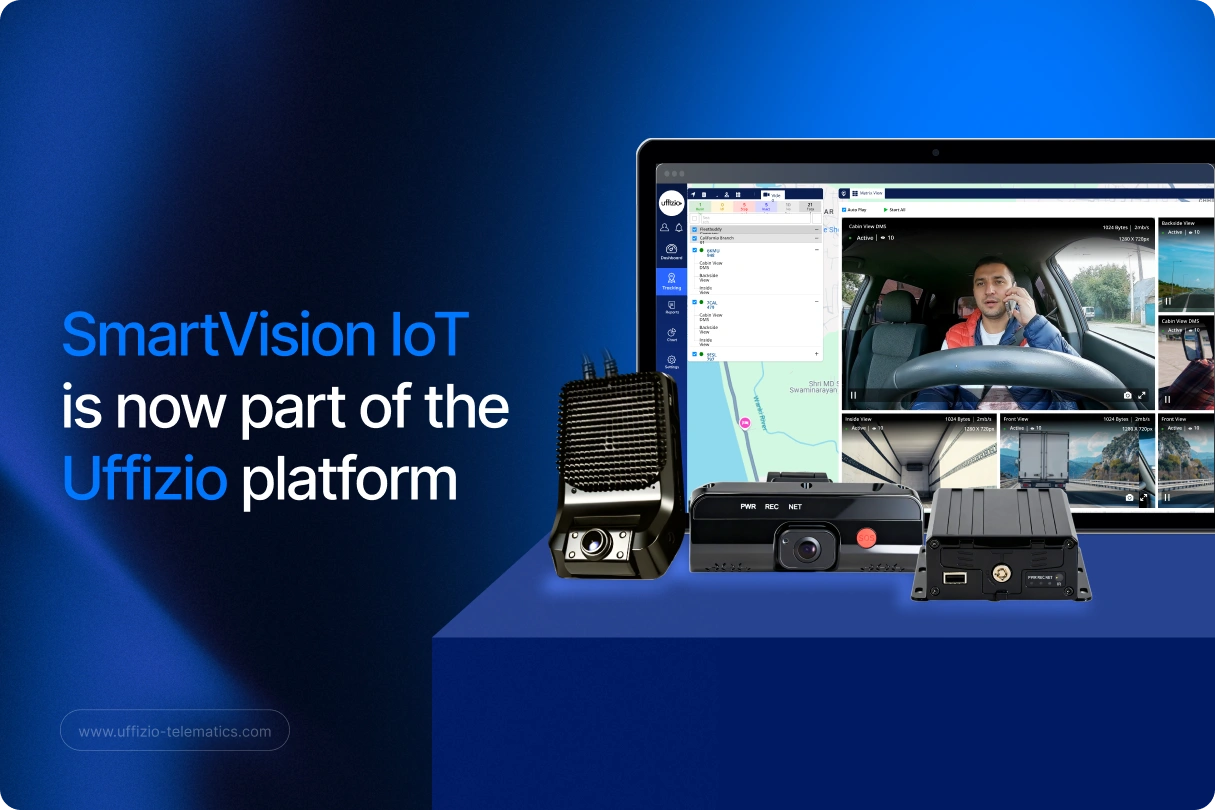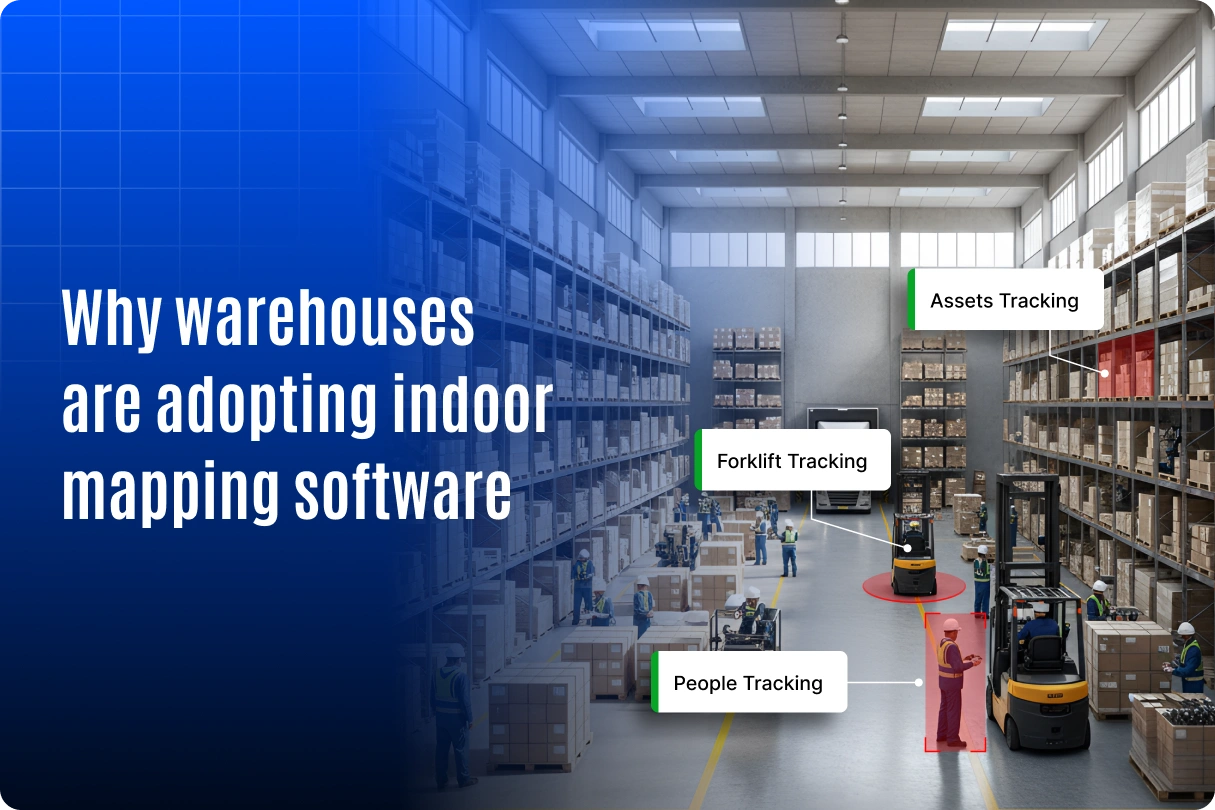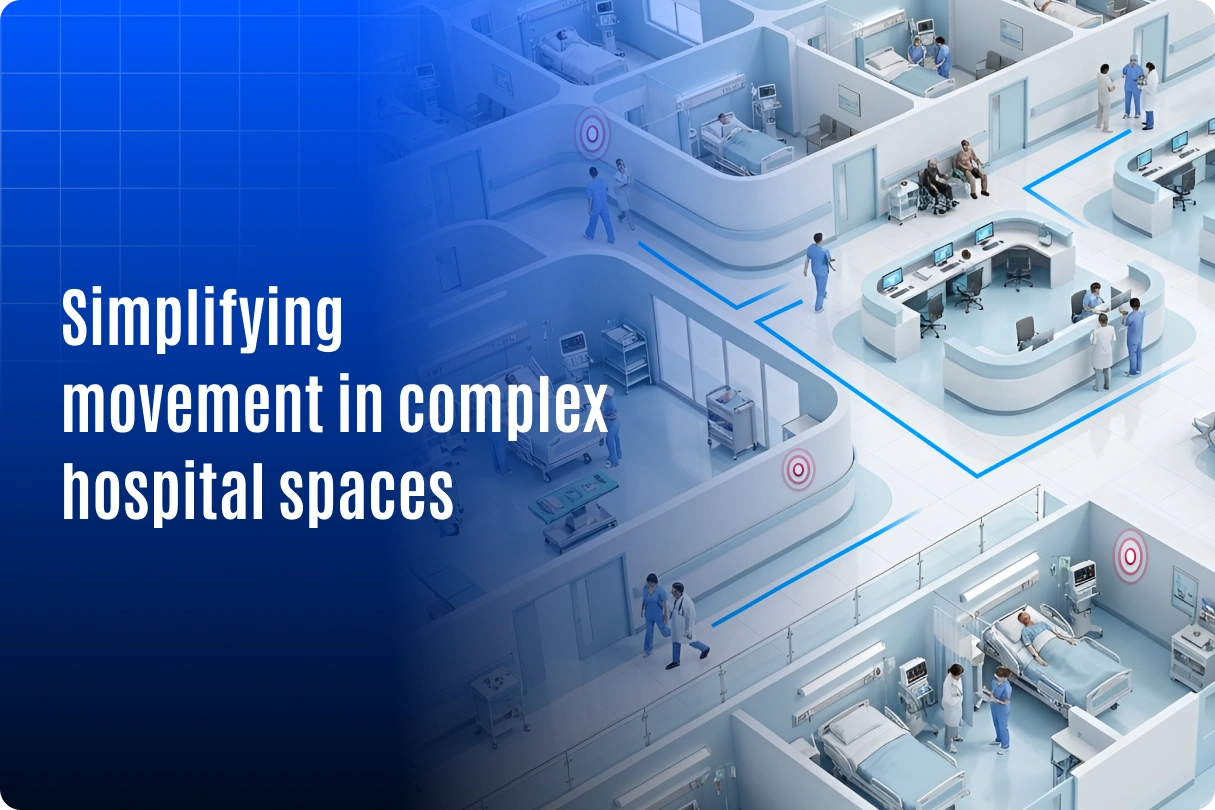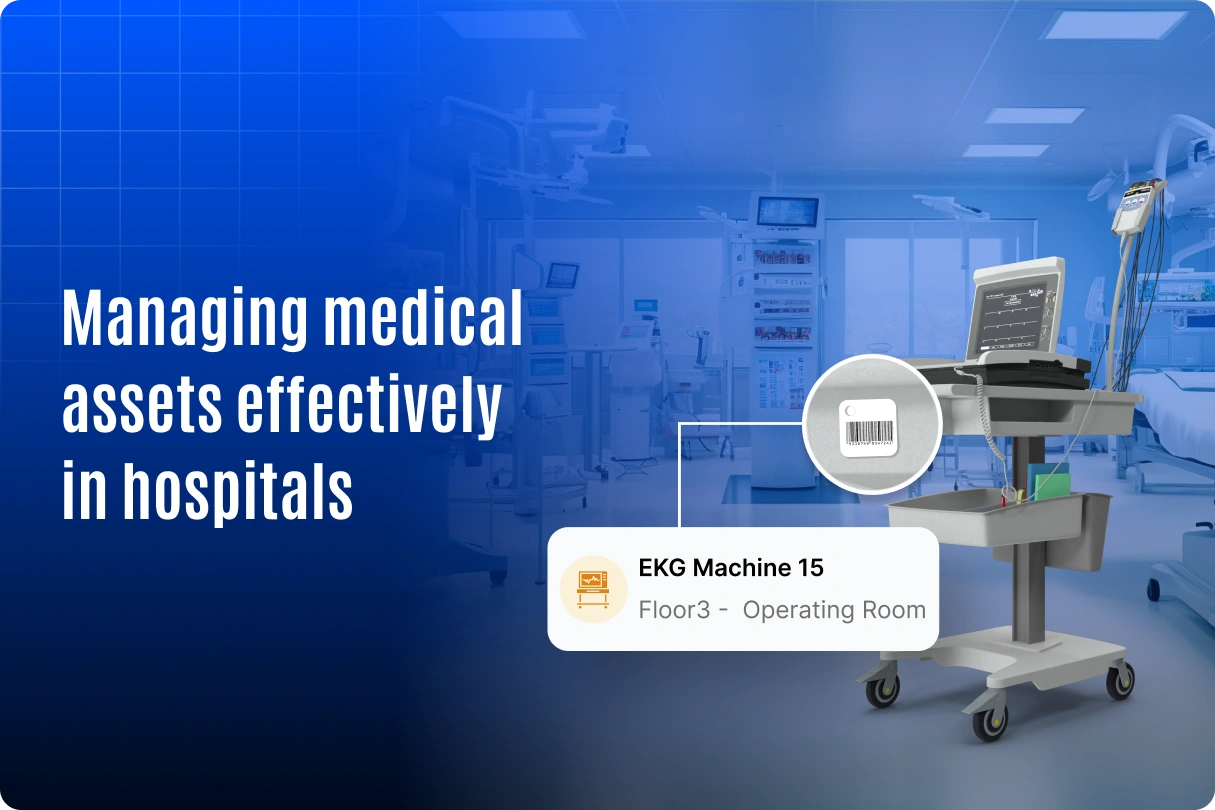The Philippines is rapidly urbanizing, with developing metropolitan areas like Metro Manila, Cebu, and Davao. These cities, known for their dynamic economy and growing population, also struggle with increasing congestion and pollution. Metro Manila, for instance, has been identified as one of the most congested urban areas globally. In 2023, the average travel time for a 10-kilometer journey was approximately 25 minutes and 30 seconds. This makes it the slowest among 387 cities across 55 countries. This congestion contributes to significant economic losses, estimated at around PHP 3.5 billion per day. If no action is taken the projections indicate an increase to PHP 5.4 billion per day by 2035. These insights highlight the urgent need for sustainable solutions to reduce traffic and environmental impacts.
For logistics and transport operators, sustainability isn’t just a buzzword—it’s a necessity. Embracing eco-friendly practices can not only help reduce the carbon footprint but also improve operational efficiency and comply with evolving environmental regulations.
The Role of Fleet Management Solutions in Promoting Sustainability
Advanced fleet management solutions play a pivotal role in making urban logistics more sustainable. These technologies offer tools for better route optimization, vehicle performance monitoring, and the seamless integration of electric vehicles (EVs) into existing fleets. Here’s how these solutions contribute to sustainable fleet operations:
1. Integrating Electric Vehicles (EVs)
The shift toward electric vehicles is essential for achieving sustainable transport. EVs produce zero tailpipe emissions and can substantially reduce the environmental impact of logistics operations. The Philippine government’s Electric Vehicle Industry Development Act (EVIDA), enacted in April 2022, mandates a 5% EV share in corporate and government fleets, promoting the adoption of EVs. Additionally, the Electric Vehicle Association of the Philippines (EVAP) aims to deploy 1 million EVs by 2030. Fleet management software can facilitate this transition by tracking EV-specific metrics, such as battery health, charging station locations, and energy consumption. Features such as battery management, which monitors key parameters like battery temperature and State of Charge (SOC), ensure that EVs remain in optimal condition. Battery fault detection and temperature reporting further enhance safety and reliability, especially crucial in the high temperatures common in urban Philippine environments.
2. Optimizing Routes to Reduce Emissions
Traffic congestion in urban areas leads to longer travel times and higher fuel consumption. Fleet management system uses real-time data and predictive analytics to map out the most efficient routes. By avoiding high-traffic zones and streamlining delivery paths, companies can cut down on fuel usage and carbon emissions. For instance, logistics providers in Metro Manila have reported significant reductions in fuel costs and emissions after implementing route optimization using the software.

3. Monitoring Energy Efficiency
For fleets that still rely on conventional fuel, monitoring fuel efficiency is crucial. Advanced fleet management solutions enable real-time tracking of fuel consumption and provide insights for improving driving habits, such as reducing idling and maintaining optimal speeds. These small adjustments can lead to a significant drop in fuel costs and emissions. Additionally, energy consumption monitoring for EVs helps in optimizing charging schedules and minimizing operational expenses, which is essential for cost-effective logistics in dense urban areas.
4. Supporting Data-Driven Decisions
Fleet managers can leverage data analytics provided by fleet management solutions to make informed decisions about vehicle maintenance, optimal fleet size, and future investments in green technology. The inclusion of driver behavior monitoring allows for the analysis of driving habits, promoting efficient driving practices that extend the range of EVs and reduce wear. Moreover, tire pressure monitoring ensures vehicles operate safely and efficiently, enhancing both energy efficiency and vehicle lifespan. By analyzing usage patterns and performance data, logistics companies in the Philippines can prioritize sustainable practices without sacrificing productivity.

The Benefits for Philippines’ Urban Logistics
- Reduced Operating Costs: Route optimization and fuel monitoring can lower fuel expenses and reduce maintenance costs, making operations more cost-effective. Features like real-time tracking and predictive maintenance alerts help ensure vehicles remain in peak condition, minimizing unexpected breakdowns and costly repairs.
- Regulatory Compliance: The Philippine government is increasingly focused on environmental policies that encourage green practices. Companies that adopt sustainable measures early will find it easier to comply with future regulations. Fleet management solutions equipped with compliance monitoring tools can assist in tracking vehicle emissions and meeting environmental standards.
- Enhanced Operational Efficiency: Integrating fleet management software provides advanced data analytics that offers insights into route performance, driver behavior, and fuel consumption patterns. This information empowers fleet managers to make informed adjustments that improve efficiency while maintaining sustainability.
- Sustainability Metrics: Tools that monitor the integration and performance of electric vehicles (EVs) allow fleet operators to maximize their use, ensuring that the transition to greener vehicles is smooth and beneficial. The battery management and range tracking features help address range anxiety and optimize fleet performance. This is particularly valuable in urban areas like Metro Manila, where congestion and emissions are significant concerns.
- Enhanced Brand Image: Sustainability is not just a responsibility—it’s an opportunity. Companies that commit to eco-friendly practices can enhance their reputation and appeal to socially conscious consumers. Urban logistics providers can leverage sustainable practices as a unique selling point, aligning with the growing demand for green solutions in the Philippines.
 Embracing the Future of Urban Logistics
Embracing the Future of Urban Logistics
The path toward sustainable fleet operations in the Philippines lies in the strategic adoption of advanced fleet management solutions. By optimizing routes, incorporating electric vehicles, and using data-driven insights, logistics and transport companies can contribute to greener cities and more efficient operations. The future of urban logistics is not just about moving goods—it’s about moving toward sustainability.
Urban areas like Metro Manila, Cebu, and Davao need forward-thinking solutions that balance efficiency and eco-consciousness. Fleet management technology stands at the forefront of this change, making the dream of sustainable transport in the Philippines an attainable reality.
